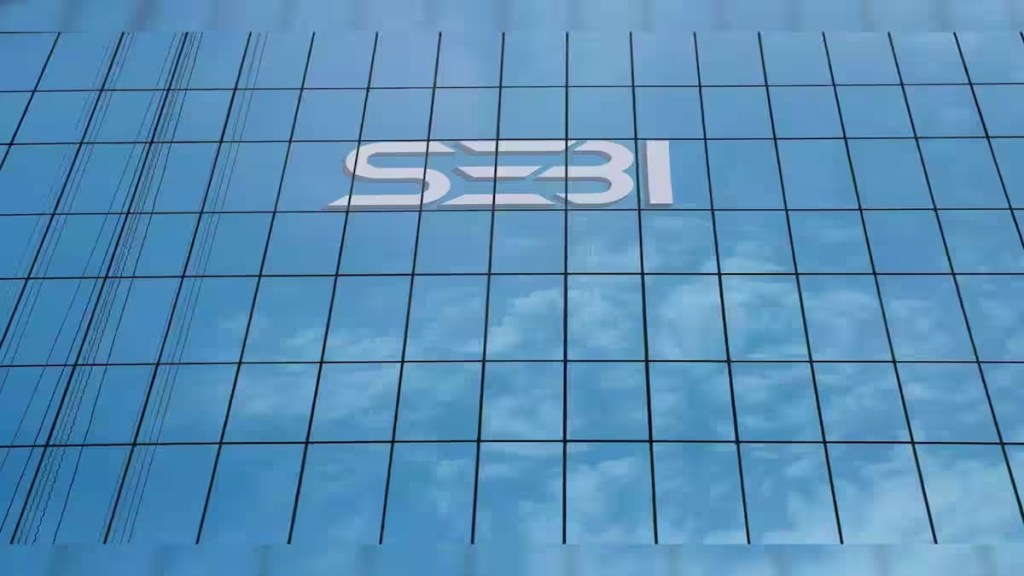The Securities & Exchange Board of India (Sebi) on Tuesday proposed a separate voluntary delisting procedure for public sector undertakings (PSUs) where the government or the promoter group owns 90% or more of total issued shares.
In its consultation paper, Sebi said many PSUs have low public floats, outdated business models, weak outlook and higher market prices than actual value owing to the government ownership. These make them financially burdensome for the government to delist.
The regulator has sought for public comments on the consultation paper by May 26.
According to data from Capitaline, there are nine companies in which the government has holdings of over 90%. Some of them are profitable, including Life Insurance Corporation of India, Indian Overseas Bank, UCO Bank and Punjab and Sind Bank. The loss-making firms include KIOCL and ITI.
The market regulator has noted that some of these companies may have a higher market price because of the investor comfort in government firms, which, in certain cases, may not be commensurate with the book value of these companies.
Sebi noted that if such PSUs undertake delisting, being frequently traded, the 60-day volume weighted average market price (VWAMP) shall be required to be taken into consideration. These, according to Sebi, will result in higher floor price and consequently increased budgetary outlay for the government.
Sebi has proposed to create a separate carve-out which will permit such companies to delist without the requirement of complying with the minimum public shareholding norms and through a fixed-price process at a premium of 15% over the floor price, regardless of the trading frequency.
The regulator has also proposed to dispose of the requirement of seeking two-thirds approval from public shareholders. It has mooted three options to arrive at the exit price for public shareholders. At present, the parameters for determination of floor price for frequently-traded shares is computation of 60 days of VWAMP. For infrequently-traded shares, the computation of valuation parameters is applied.
With regards to handling unclaimed money, Sebi has suggested that the amount lying in escrow accounts or bank guarantees meant for remaining public shareholders shall be transferred to the designated stock exchange which will hold it for a minimum period of seven years. After that, the money will move to the Investor Education and Protection Fund.
Currently, the said amount is not permitted to be released to the acquirer for a minimum period of one year, or till the time payment is made to remaining public shareholders who have not tendered, whichever is earlier.


